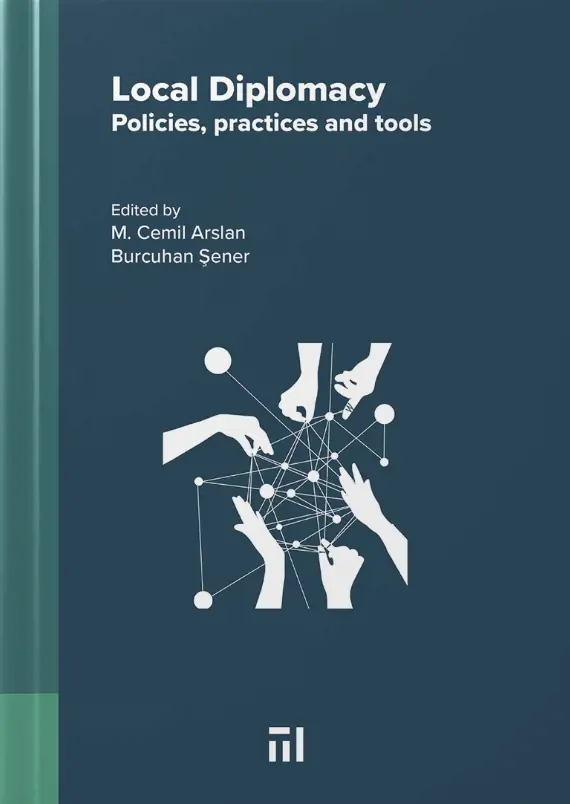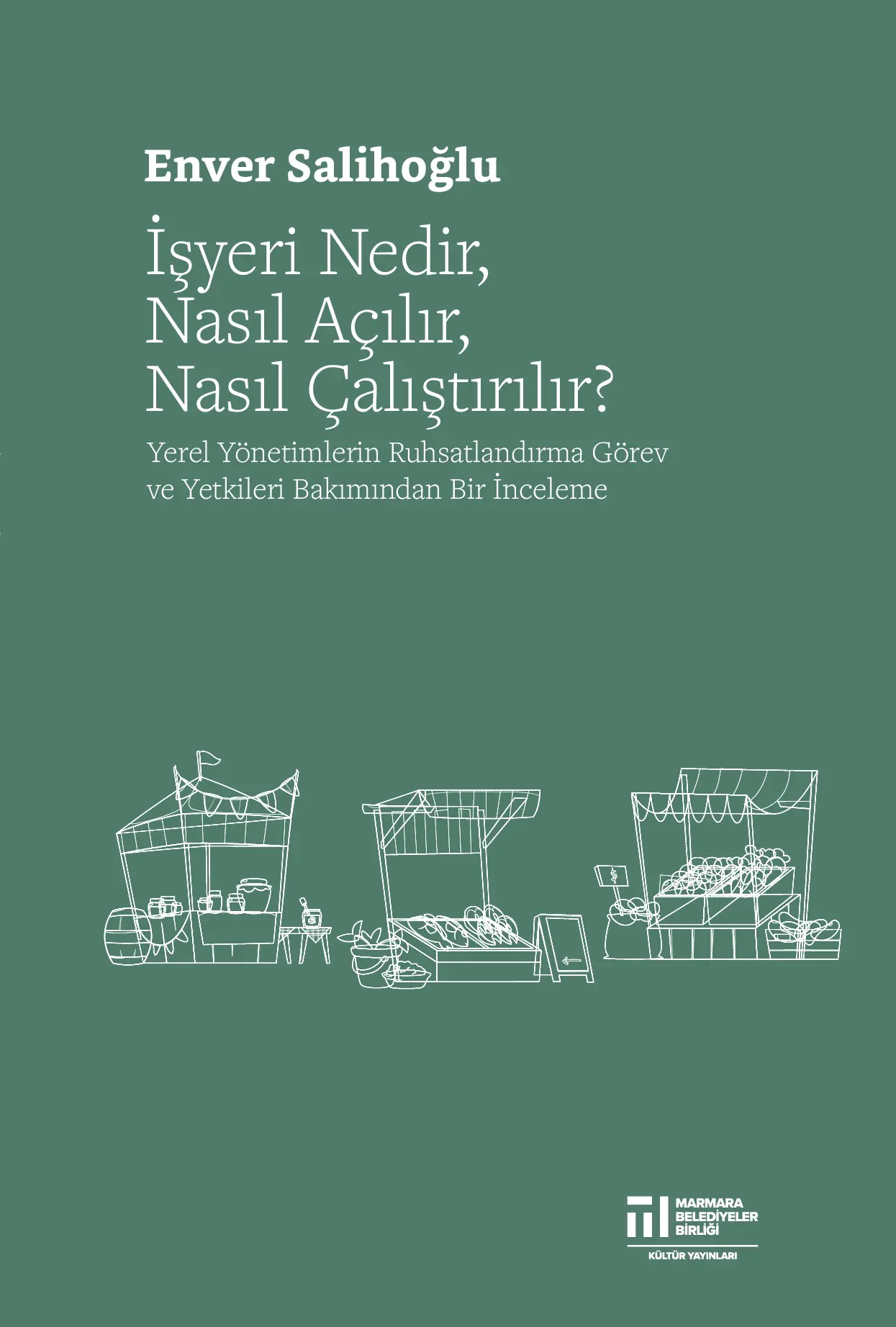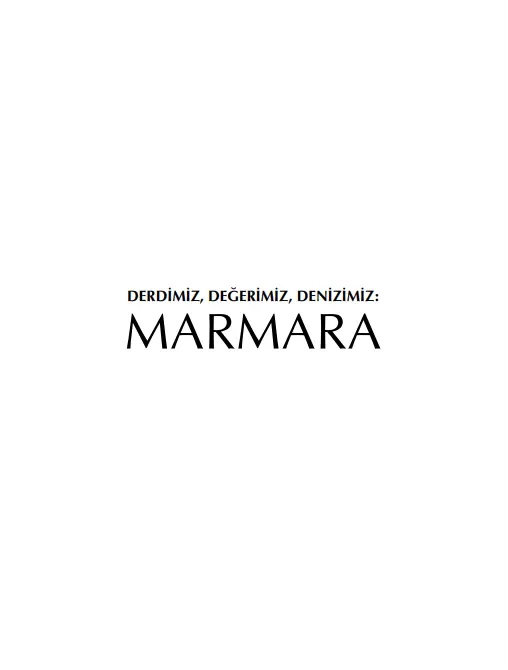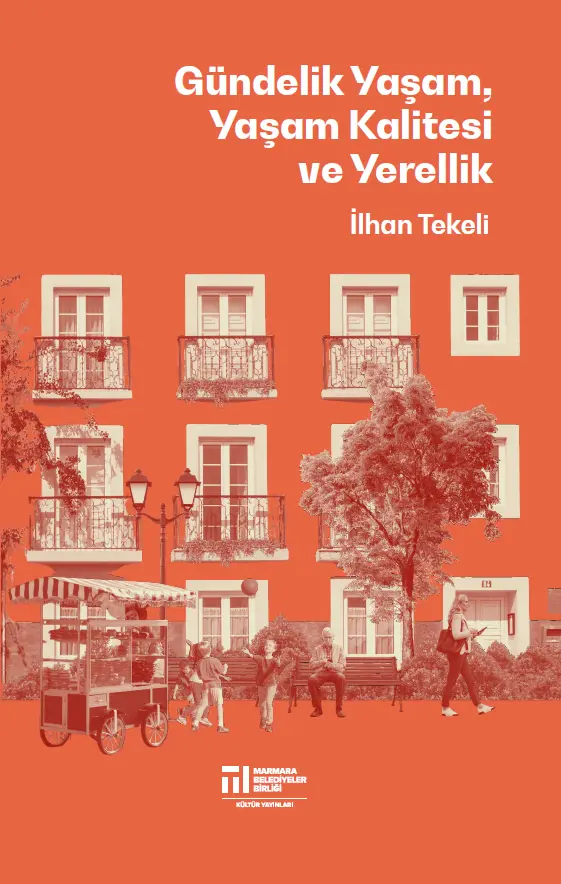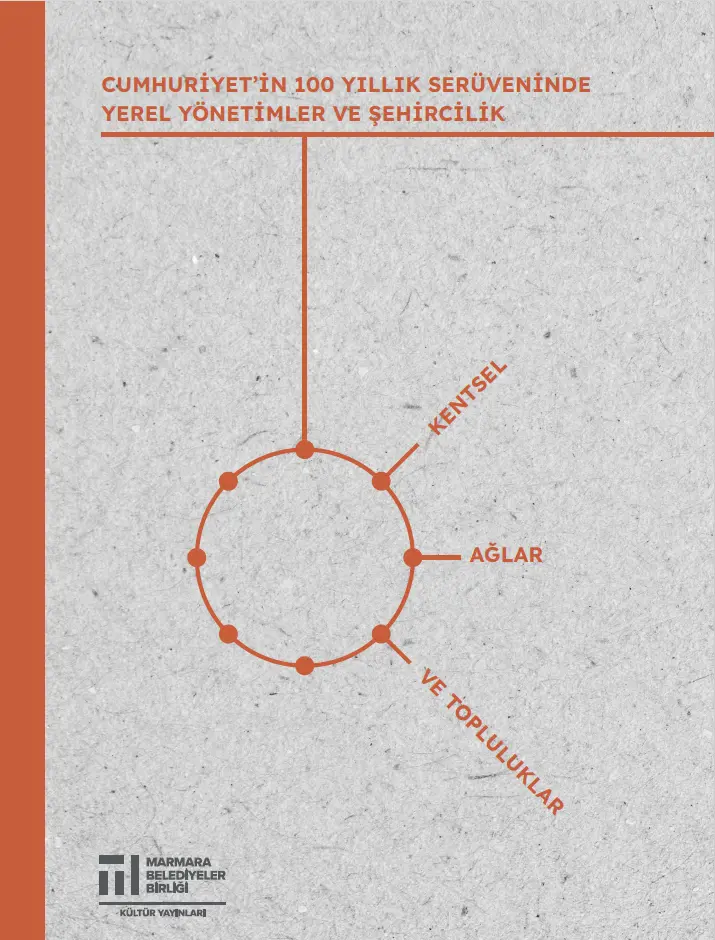Local Diplomacy: Policies, practices and tools
The book titled “Local Diplomacy” has been published by Marmara Municipalities Union Publications. It sheds light on the international relations of cities and local elements, whose role is growing on the global agenda.
War and diplomacy are the two most prominent approaches of humanity in solving its problems. The more destructive one is, more constructive the other is; the more power-based one is, more negotiation-based the other is; and the more closed to dialogue one is, the more open the other is. Local diplomacy is an important instrument for both negotiating global and national unresolved issues and utilizing the world's resources and opportunities through responsibility and cooperation. It must be admitted that the very concept of "local diplomacy" is off-putting for those who think that diplomacy is only applicable on the national and supranational level. In fact, the increasing importance of local diplomacy both in overcoming crises at the national level and in building a more just and equitable world is becoming more and more evident every day.
Cities as the main actors of global issues
It is vital to make cities resilient, livable, sustainable and inclusive in the face of the issues ranging from climate change to mass migration flows, from social inequalities to security challenges, affecting every corner of the world. On the one hand, cities are the origin of the major global problems of our age, and on the other hand, they are the main actors for the solution. Likewise, the role of local governments in resolving conflicts within states and building global peace cannot be denied. The book “Local Diplomacy” published by Marmara Municipalities Union sheds light on the international relations of local elements, whose role is growing on the global agenda as well as the local one.
The book covers the place of local diplomacy in the discipline of international relations, diplomacy practices of cities, local diplomacy tools, the role of cities in global agenda and peace building effort, the relationship between national foreign policy and diplomacy practices of local governments, international city networks, town twinning and sister city relations, and the importance of international projects and cooperations. While analyzing local diplomacy activities in Türkiye, the book examines the international organizations that are important for the foreign relations activities of local governments and the international documents and legislations that Türkiye is a party to. While shedding light on Türkiye's local diplomacy history, it examines Türkiye’s sustainable development journey, especially after Local Agenda 21. The relationship between the diplomacy activities of cities and local governments with global documents and agendas, and the activities carried out by cities within the scope of internationally recognized important days, weeks and awards have been compiled within the book.
Contents
- Local Diplomacy and Its Reflections in Türkiye – Mesut Özcan
- Analysis of the Globalization of City Diplomacy – Birgül Demirtaş
- A Conventional Tool for the New Generation Local Diplomacy: Town Twinning – Bülent Özcan
- The Council of Europe and Turkish Local Governments – Yusuf Erbay
- Integrated Good Governance in Municipalities and the European Label of Governance Excellence – İnan İzci, Merve Ağca
- From “Local Agenda 21” to “New Urban Agenda” – Sadun Emrealp
- Local Diplomacy for a Sustainable Future – Yasemin Okay
- The Collective Voice of the Cities in Evolving Diplomacy: International City Networks – Özge Sivrikaya
- Book Review: If Mayors Ruled the World – M. Cemil Arslan
- The Internationalisation of Metropolitan Governments: The Case of Barcelona Metropolitan Area – Xavier Tiana
- Tools of Local Diplomacy: International Events and Awards – Merve Ağca
